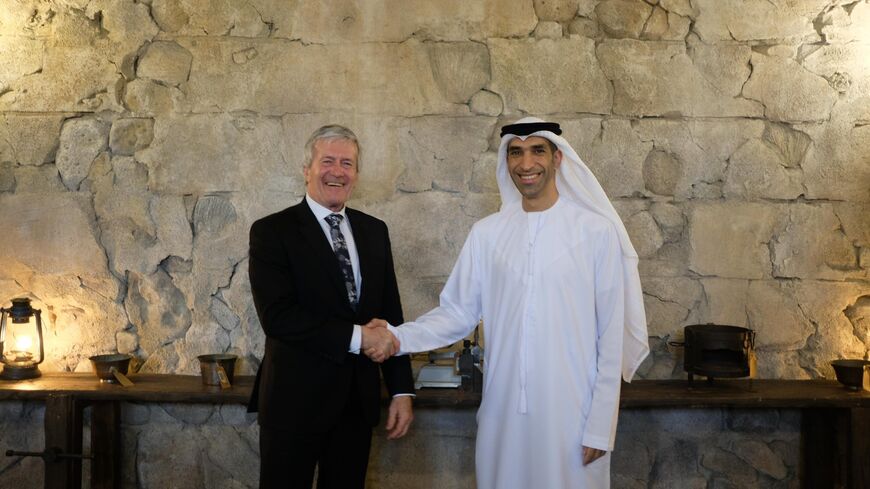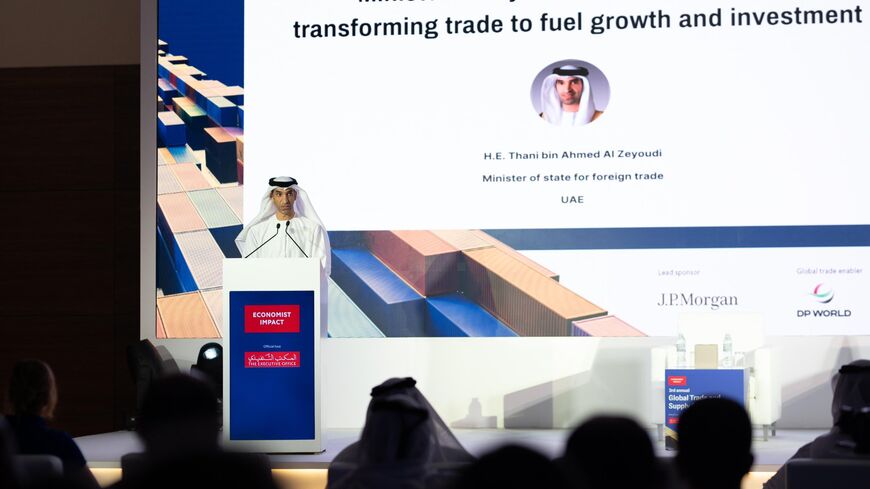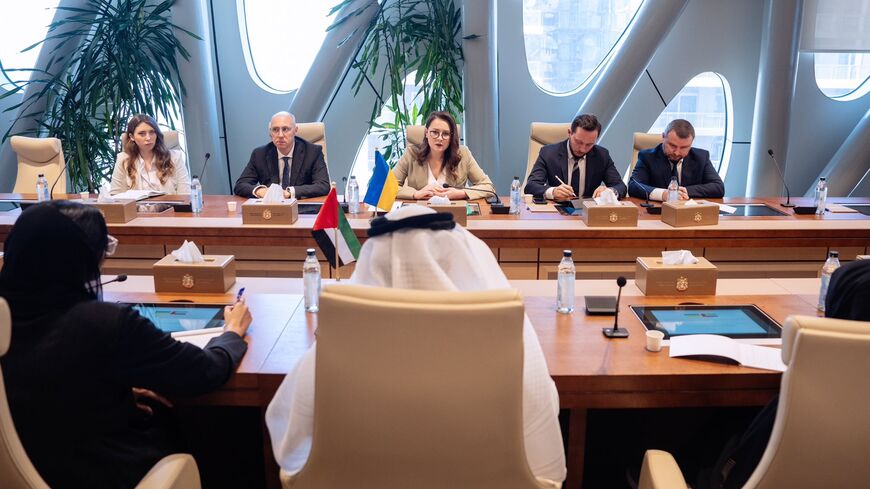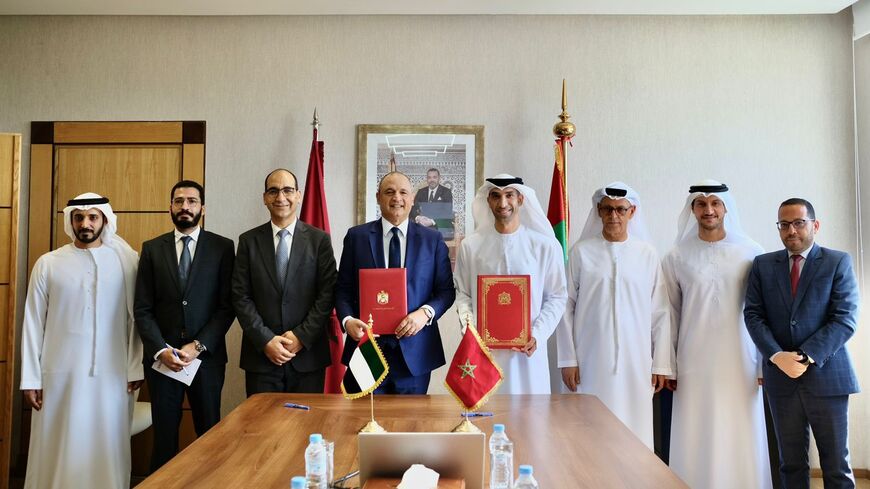UAE, Kenya conclude trade deal talks as Abu Dhabi expands influence in Africa
The United Arab Emirates has established economic partnership agreements with 10 countries as it seeks to diversify its oil-based economy.

The United Arab Emirates and Kenya concluded negotiations on a trade deal that would boost trade and investment ties between the two countries as the Gulf country expands its role across Africa.
The Emirati news agency WAM reported that UAE Minister of Foreign Trade Thani bin Ahmed Al-Zeyoudi and Kenyan Cabinet Secretary for Investments, Trade and Industry Rebecca Miano signed a joint statement at the conclusion of the talks on the Comprehensive Economic Partnership Agreement in Dubai on Thursday.
The agreement will secure vital supply chains for both sides and facilitate investments in several fields including logistics, health care, travel and tourism, infrastructure and Information and communication technology, according to WAM.
The two countries will officially sign the agreement at a later stage.
In a statement carried by the news agency, Zeyoudi hailed the agreement as “a testament to our commitment to strengthening economic ties with the African continent and to creating new opportunities for businesses and investors in both of our countries.”
He added, “We look forward to deepening our relationship with Kenya and to further expanding our presence in Africa as a trusted partner and investor.”
Miano was quoted by WAM as saying that the agreement will enable Kenyan exports to reach major markets in Asia and the Middle East. “We look forward to its implementation and the mutual benefits it will deliver,” she said
In a separate statement on X, Zeyoudi described the agreement as “a landmark deal with one of the continent's most dynamic economies, offering new avenues for growth on both sides.”
He noted that non-oil trade between the United Arab Emirates and Kenya in 2023 reached $3.1 billion, up by 26.4% compared to 2022, adding that the two countries will now work to expand in other sectors such as food production, mining, technology and logistics.
With @rebecca_miano, CS of the Ministry of Investments, Trade & Industry, the UAE & Kenya concluded a Comprehensive Economic Partnership Agreement. It is a landmark deal with one of the continent's most dynamic economies, offering new avenues for growth on both sides. pic.twitter.com/OYN8C2WR4n
— د. ثاني أحمد الزيودي (@ThaniAlZeyoudi) February 23, 2024
The Emirates has been seeking to diversify its economy in an effort to reduce its dependence on oil revenues. In September 2021 it launched its so-called Projects of the 50, a series of development and economic projects aimed at accelerating the country’s growth and turning it into a global hub in several sectors, according to the Emirati government website.
Under this plan, the UAE has established comprehensive economic partnership agreements with 10 countries. The first was signed with India in February 2022 and entered into force in May of the same year. The other countries include Turkey, Israel and Indonesia as well as Cambodia, Georgia, South Korea, Colombia, Mauritius and Congo-Brazzaville, according to WAM.
The agreement with Kenya is the second of its kind between the UAE and an African nation after one with Mauritius. The two countries opened talks on the comprehensive economic partnership agreement in 2022.
Kenya has Africa’s seventh-largest economy, with a GDP of $112.7 billion in 2023, according to the International Monetary Fund.
The UAE has been actively investing in the African continent over the past decade. According to the fDi Markets tracking database, the Arab Gulf country ranked as the fourth-largest investor globally in Africa between 2012 and 2022, surpassing the other Arab Gulf states. Emirati investments in the continent reached nearly $60 billion during that period, more than double that of Saudi Arabia, according to an fDi Markets report.









